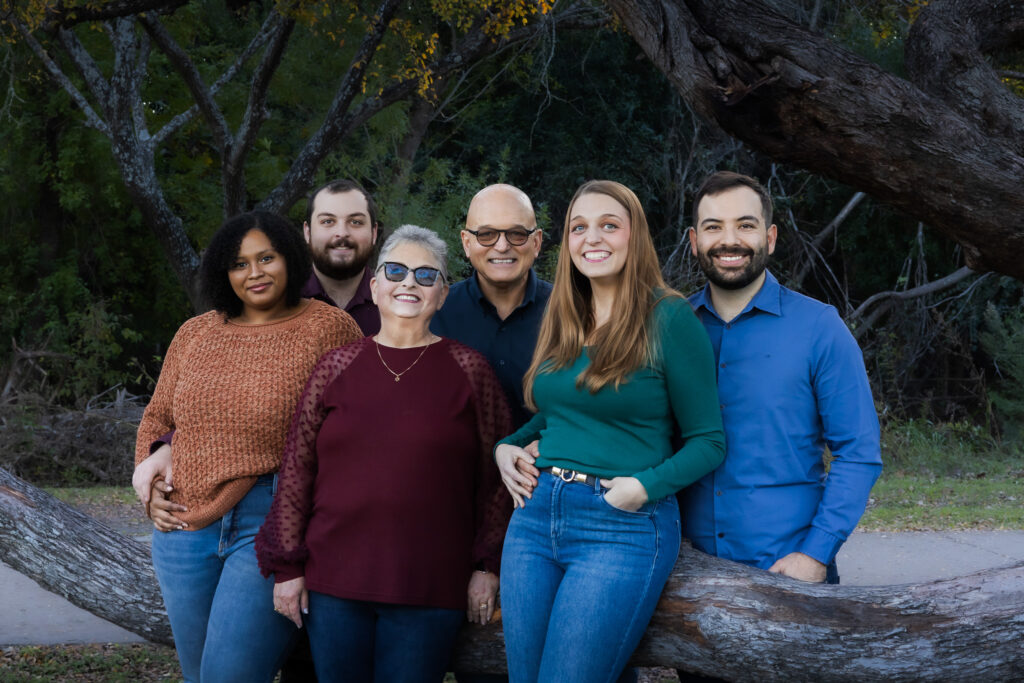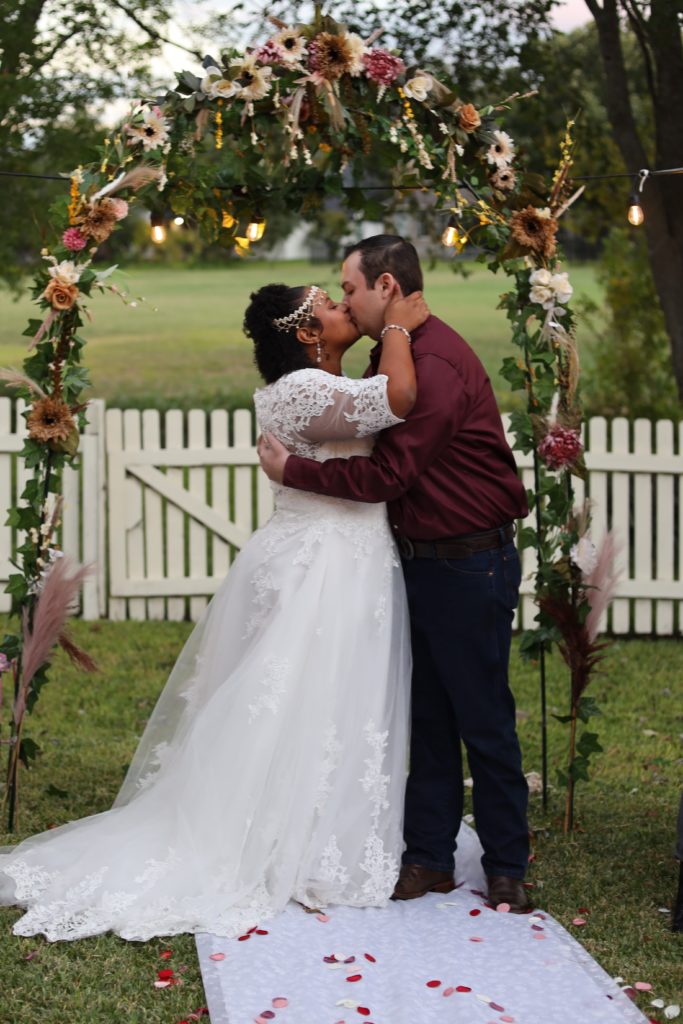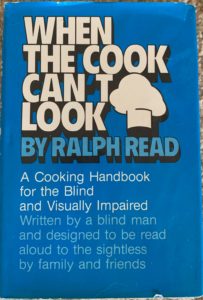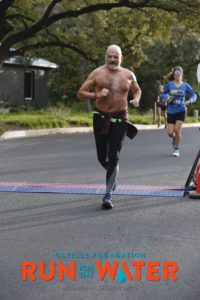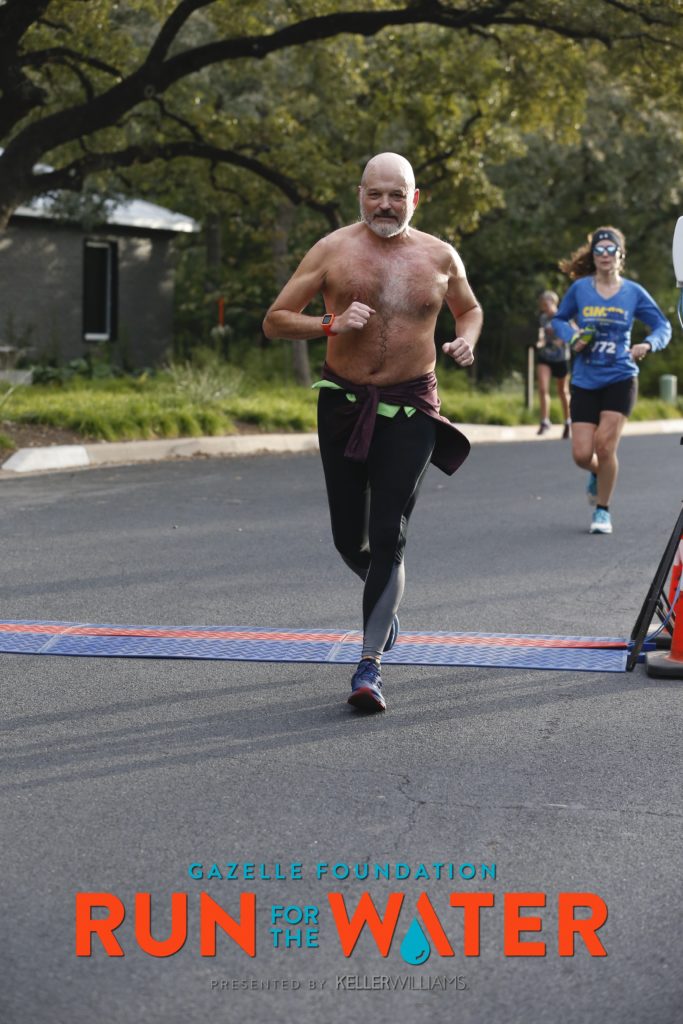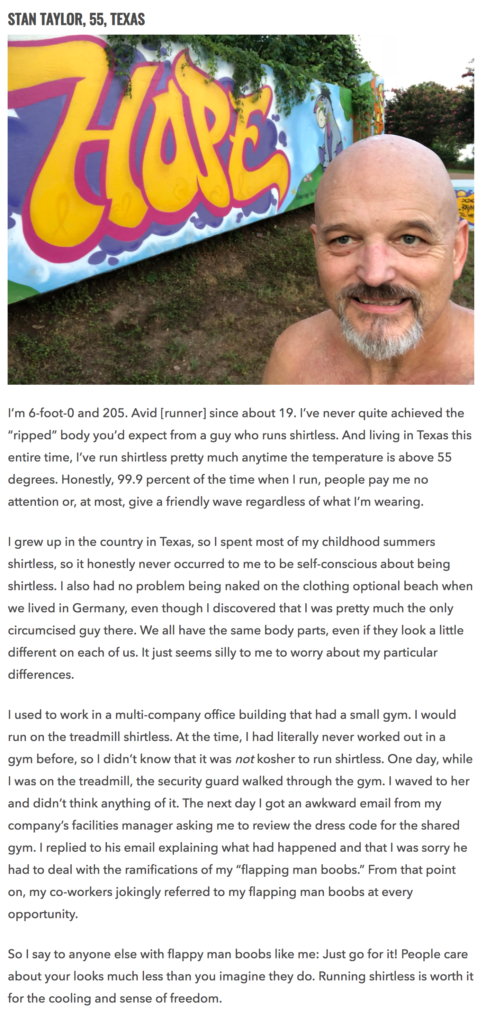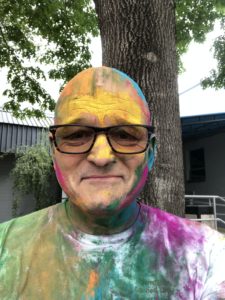The Presidential Physical Fitness Test
This article reminded me of something that I haven’t thought about in decades: the presidential physical fitness test that we had to take in school when I was a kid. The author writes:
My positive relationship with movement developed not because of the test but in spite of it. It wasn’t until I was in my 30s and had run a half-dozen half-marathons, at a comfortable pace, that I even began to believe I was an athlete.
I’ve heard similar stories from recreational exercisers, exercise scientists and fitness professionals.
I’m one of those people. I did horribly with the test, and, like the author, it was the source of a lot of anxiety and shame for me as a kid. And also like the author, despite the test, I later developed a lifelong exercise routine. Despite running hundreds of miles per year and running a half marathon a couple of times, it wasn’t until I was in my 50s that I began to consider myself an athlete. Now I consider exercise a core part of my identity; I prioritize it above many other things.
When I think back on my early history with sports and movement, one other thing comes to mind. The rural middle school that I attended had traditional competitive sports: only limited openings that you had to try out for, and athletes competed with similar schools throughout a large area. In sixth grade, I tried out for basketball and tennis, but I didn’t qualify for either one.
But the next year, our school district tried something new: everyone who wanted could participate in sports, competition was just between the three middle schools in our district, and each school fielded as many teams of a given sport as needed for all the students who wanted to play that sport. And while it was still competitive, the focus was on everyone being included, getting a chance to play, and having a positive experience.
I was indeed terrible at both basketball and tennis, but I had so much fun in that program. Then I moved to high school which only had traditional competitive sports, so I didn’t play sports after middle school. If I had had the opportunity to play lower-stakes sports in high school as I’d had in middle school, I’m convinced that I would have had very different attitudes toward sports and movement.

